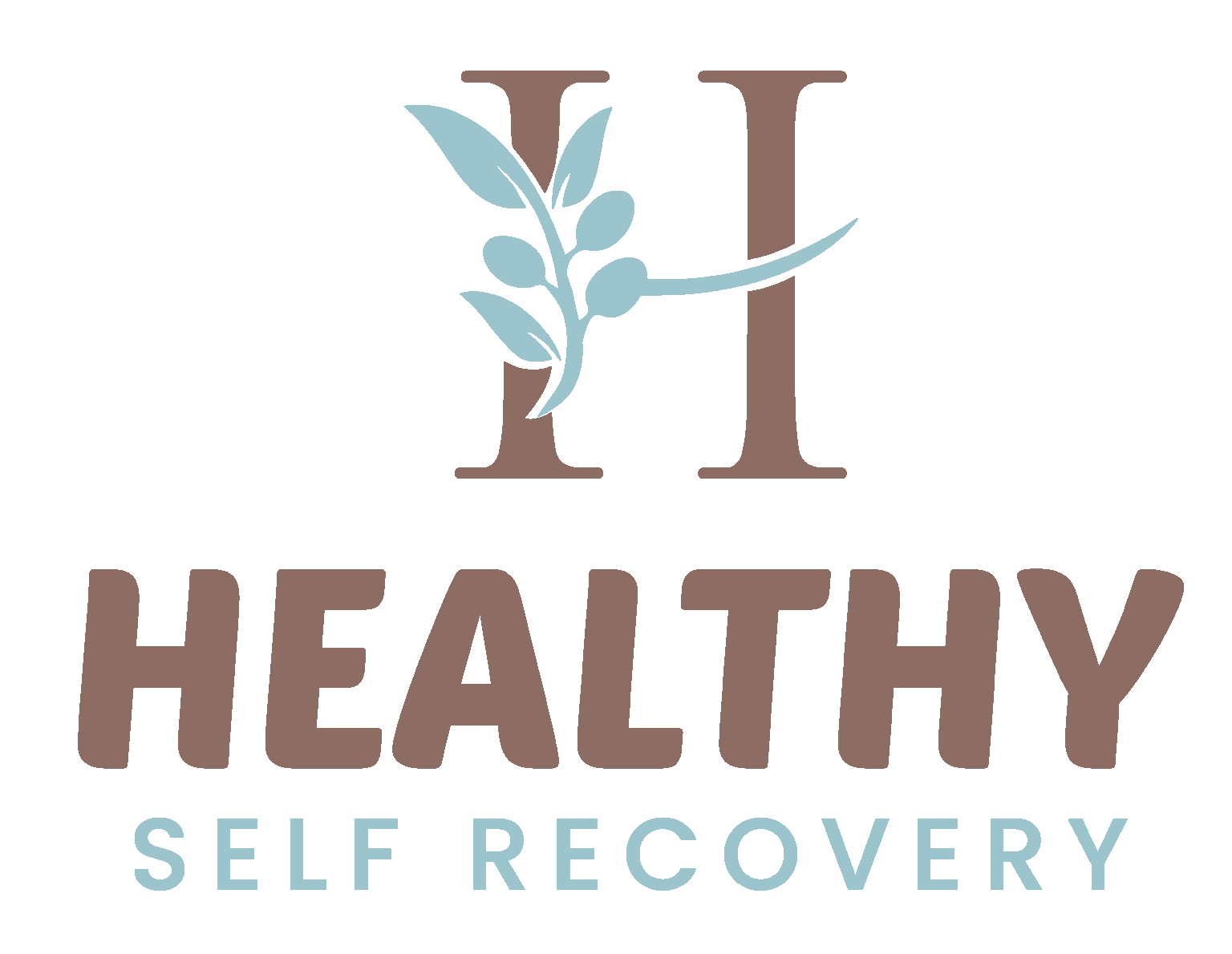What is Anorexia Nervosa?
Anorexia nervosa (AN) is a very serious, complex, and isolating mental illness characterised by avoidance of eating, low body weight from where one’s body should be, persistent fixation on body weight and size, distorted body image, and overwhelming fear and anxiety around food and weight gain.
Despite being the most well-known eating disorder, AN only accounts for about 10% of all eating disorder diagnoses. Read on to learn more about Anorexia and how eating disorder recovery coaching in the United Kingdom can help you begin recovery.

What Causes Anorexia?
There is no single cause of AN but rather the causes are multifactorial where a combination of predisposing factors often come together to create a perfect storm.
Predisposing Factors of Anorexia
- Genetic disposition – research shows that a family history of eating disorders increases your risk significantly. Some of this can of course be learned behaviour but studies show that if an identical twin has an eating disorder, the chances that the other identical twin will develop it are significantly higher than in the case of fraternal twins.
- Psychological factors – factors such as poor body satisfaction, low self-esteem, high anxiety levels and risk aversion and a strong drive for control, high sensitivity to rejection can contribute to AN
- Traumatic events – managing food intake can often come about as a coping mechanism for difficult emotions and thoughts after a traumatic experience.
- Diet culture – strict dieting to conform to societal norms can lead to obsession with weight and escalate into AN.
- Environmental influences and triggers – the pervading obsession with small bodies and environmental triggers such as the onset of puberty, family dynamics, home environment, and relationships.
- Stress and coping mechanisms – stress and a lack of effective coping mechanisms can often lead people to deal with stress via restrictive eating as a means of feeling more in control
- Certain occupations – some occupations that put a lot of emphasis on weight and physical appearance can predispose people to AN – eg athletes, models, ballet dancers, jockeys, and cheerleaders.
- Specific circumstances – early menstruation, being overweight as a child, dieting as a child.
Are There Different Types of Anorexia?
The classic symptoms of anorexia are severe restrictive eating and body image disturbance but there are various subtypes:
1. Restrictive AN: This is the classic presentation characterised by severe restriction of food, often accompanied by excessive exercise and an inability to see how unwell they are.
2. AN Binge / Purge: Some people with AN will oscillate between restriction and episodes where they binge eat a large volume of food and then in order to compensate will use a purge-type behaviour such as vomiting, laxatives, or excessive exercise. Despite having some crossover with bulimia people with this type of AN will keep to a low body weight and often their “ binge” is in fact a small amount of food.
3. Atypical AN: This is when someone displays all the traits of restrictive anorexia- intense fear of food and weight gain, but without being medically underweight. Despite being labelled “atypical”, this is a very common pervasive form. Because of the misconception that AN sufferers need to be underweight and look unwell, people with Atypical AN often have more difficulty accessing care.

What Are The Signs and Symptoms?
There can be lots of physical symptoms of AN but the most common red flags to look out for relate to mood and behaviour:
- Extreme anxiety around food
- Very rigid food rules – what can and can’t be eaten/ when etc
- Rituals around how food is eaten
- Excessive exercise with the sole purpose of losing weight/ compensating for eating
- Avoiding eating with other people, avoiding social situations with food
- Becoming more withdrawn and isolated
- Obsessive weighing – where the number on the scale then changes and affects their mood profoundly
- Loss of period
How is Anorexia Supported?
Because eating disorders are such complex multifaceted illnesses the gold standard approach is using a multidisciplinary team that includes a GP as a main point of reference, a registered dietitian, and a psychological professional – ideally the latter 2 of these should specialise in eating disorders. Recovery coaching at Healthy Self-Recovery is also a new but vital adjunct to this multidisciplinary team.
Anorexia recovery is a long-term process. The core of it being weight restoration for the sufferer to return to optimal physical health, and then a lot of work on challenging and reframing the behaviours, thoughts, and limiting beliefs that mediate the AN.
How Can Working With an Eating Disorder Recovery Coach Support AND Recovery
An eating disorder recovery coach will work alongside your multidisciplinary team to help you achieve full recovery. A coach will:
- Help you with all the difficulties around day-to-day eating that need to happen in order for you to reach a healthy weight
- Make you aware of and reframe your eating disorder thoughts
- Support you to challenge and overcome your food fears and rules
- Help you to understand, address, and change AN behaviours
- Be there for you to reach out to when you are struggling with food and thoughts
- Helping replace limiting coping skills with healthier skills that will support you to deal not just with recovery but with life and all the stress, pain, and challenges it inevitably throws at us.
- Help you to reconnect or discover who you are without your eating disorder. As well as enable you to see how much joy there can be in your life without an eating disorder
- Be there to accept, support, and motivate you unconditionally in your recovery journey

Begin Your Journey to Recovery With Eating Disorder Recovery Coaching in the United Kingdom
At Healthy Self-Recovery, we offer compassionate, one-on-one eating disorder recovery coaching in the United Kingdom to support you in breaking free from the grip of anorexia nervosa. With personalized guidance, you’ll develop healthier habits, rebuild your confidence, and work towards lasting recovery in a safe and supportive space. Take the first step toward reclaiming your health and discovering a life beyond your eating disorder. Follow these three simple steps to get started:
- Contact me to schedule a free discovery call to see if Eating Disorder Recovery Coaching is right for you.
- Begin meeting with me, Marianna Miles, a skilled British eating disorder recovery coach
- Start your recovery journey.
Additional Services Offered at Healthy Self Recovery
As an eating disorder recovery coach based in the United Kingdom, my mission is to guide you through your recovery process and support you in making lasting changes. I offer tailored coaching that addresses the thoughts, emotions, behaviors, and anxieties tied to your eating disorder. Providing you with the tools to overcome these challenges. In addition to regular coaching, I offer text support for those tough moments. I also provide meal support sessions where you can safely challenge food-related rules and adopt healthier coping strategies. I work closely with your medical team to integrate your treatment goals into our sessions. Creating a personalized recovery plan that empowers you to heal and embrace a fulfilling life. Serving clients across England, Scotland, and Ireland, I am committed to supporting you wherever you are on your journey.








